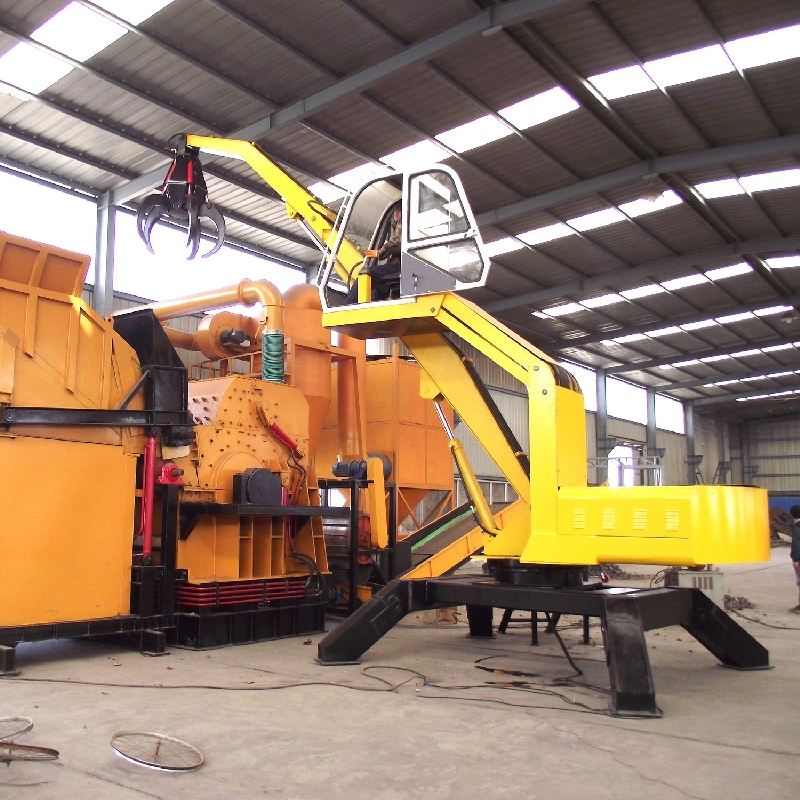

11-р сар . 07, 2024 10:02 Back to list
How Does a Granulator Work?
A granulator is a vital piece of equipment used in various industries, such as pharmaceuticals, plastics, and food processing, to transform bulk materials into smaller, more manageable granules. Understanding how a granulator works requires an exploration of its components and the processes involved in granulation.
How Does a Granulator Work?
The working mechanism of a granulator typically involves several key steps. First, material is fed into the granulator's hopper, where it is stored before processing. The hopper is designed to facilitate a steady flow of material into the granulator, ensuring consistent operation. Once inside, the material is subjected to mechanical forces—often through cutting or crushing mechanisms. This is where the granulator's blades or knives come into play. These components work to reshape and size the material, breaking down larger chunks into smaller granules.

In a dry granulation process, the material is compacted using a series of rollers, which exert pressure to form dense sheets or flakes. These sheets are then broken down into granules by additional cutting mechanisms. This method is particularly useful for heat-sensitive materials, as it eliminates the need for moisture in the granulation process.
On the other hand, wet granulation involves the addition of a liquid binder to the powder, which helps particles adhere to one another, forming larger granules. In this process, a granulating agent is sprayed or mixed into the powder, creating a damp mass. This mass is subsequently passed through a sieve or granulator, where it is shaked and sized, often before being dried to achieve the desired granule size and moisture content.
Once the granulation process is complete, the resulting granules are typically screened to ensure uniformity in size. Any oversized or undersized particles can be recycled back into the granulation system. This efficient operation ensures minimal waste and maximizes productivity.
In conclusion, granulators play a crucial role in transforming bulk materials into manageable granules through a combination of mechanical forces and targeted processing techniques. Whether using dry or wet methods, granulators improve handling, storage, and processing efficiency, making them essential in many industries. Understanding their operation helps in optimizing product quality and consistency, ensuring effective production processes.
Latest news
Troubleshooting Common Eddy Separator Problems
NewsJul.04,2025
The Role of Metal Recycling Plants in Circular Economy
NewsJul.04,2025
The Impact of Recycling Line Pickers on Waste Management Costs
NewsJul.04,2025
Safety Features Every Metal Shredder Should Have
NewsJul.04,2025
How Industrial Shredders Improve Waste Management Systems
NewsJul.04,2025
How Cable Granulators Contribute to Sustainable Recycling
NewsJul.04,2025